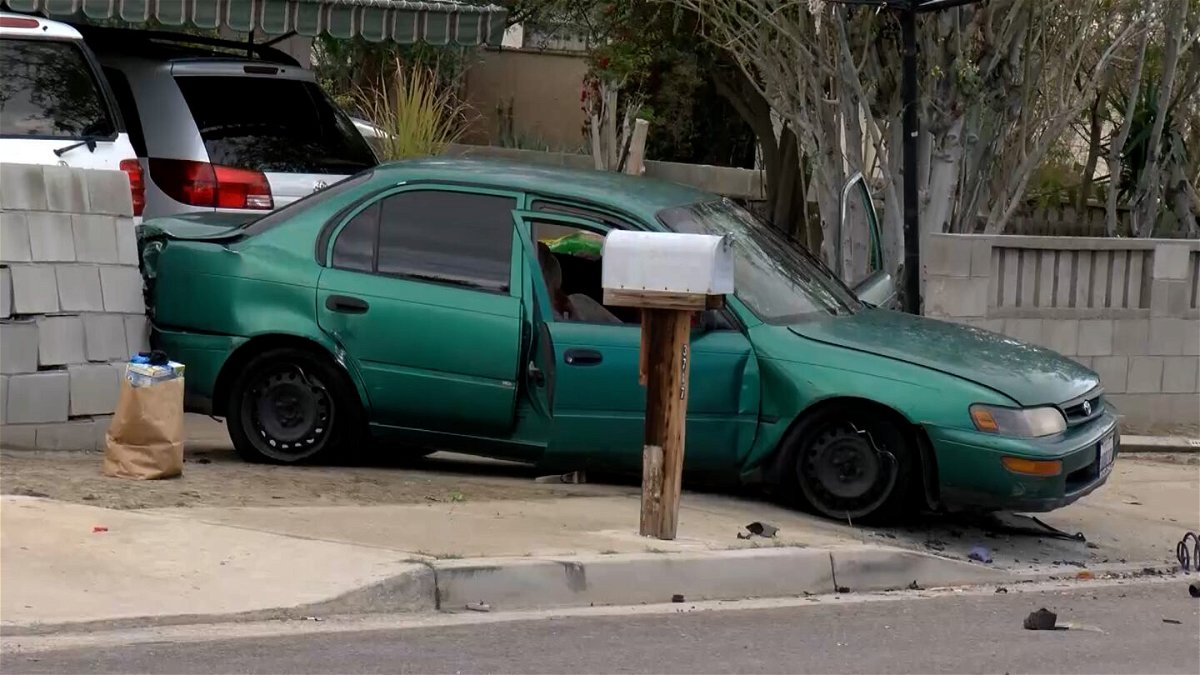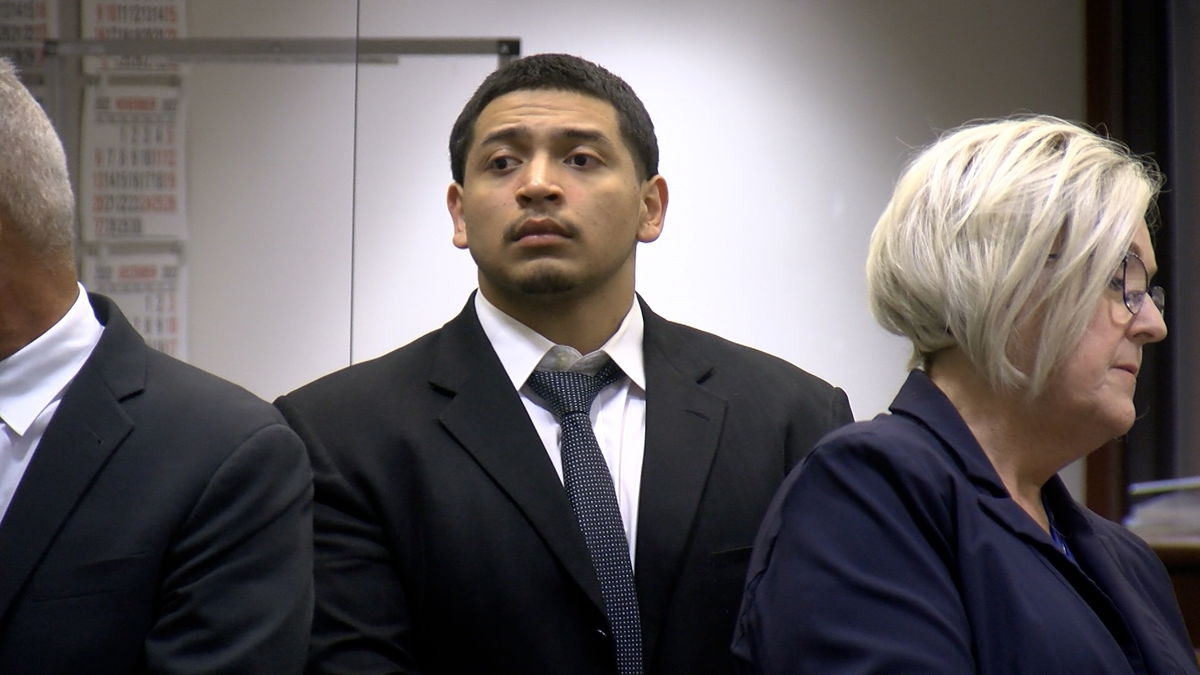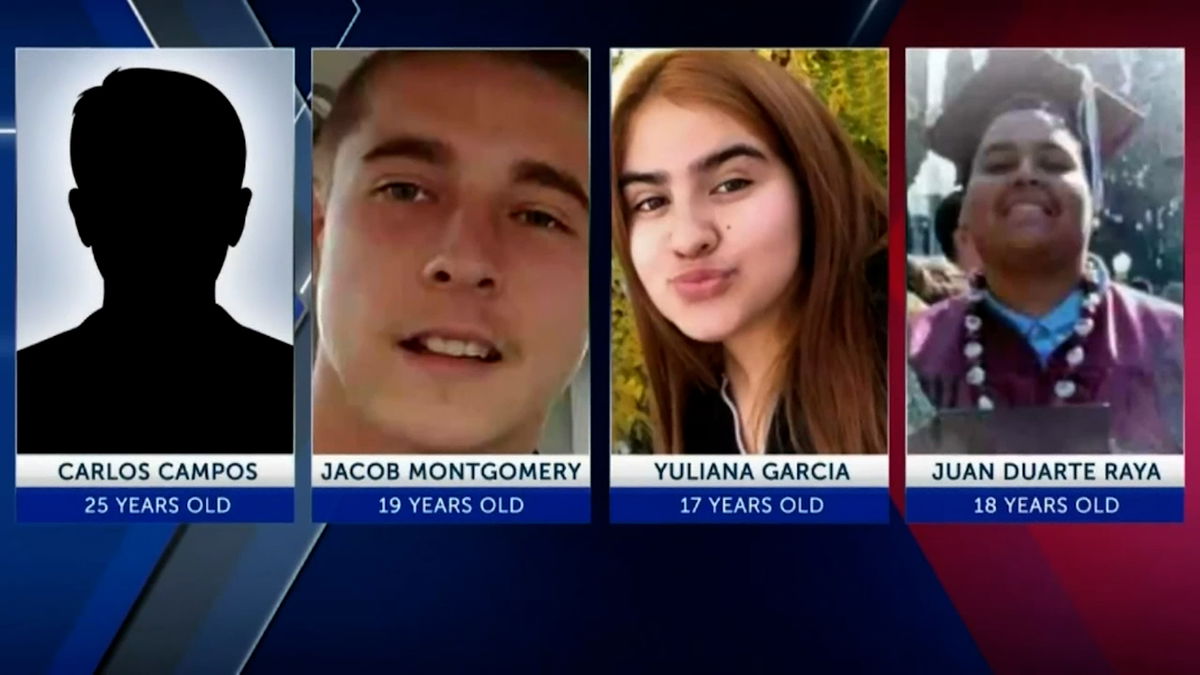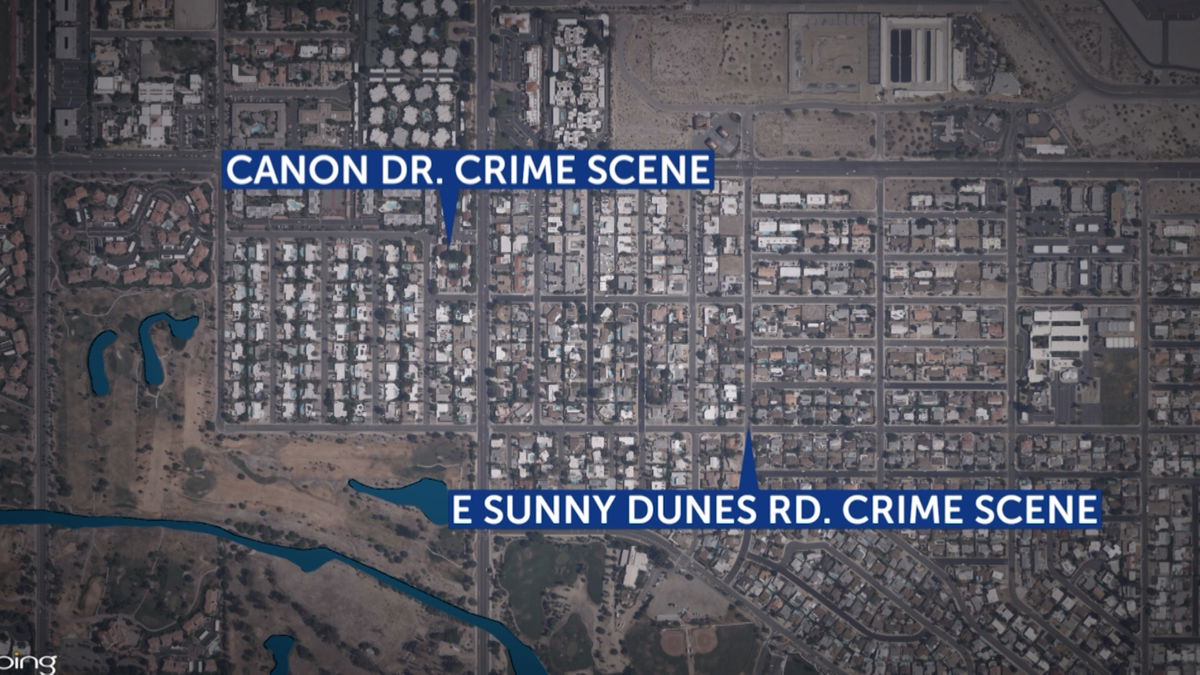Palm Springs quadruple murder re-trial: testimony paused due to judge illness

Testimony is paused until Monday in the re-trial for Jose Larin Garia.
Larin Garcia is accused of murdering four people in Palm Springs in 2019. His first trial ended earlier this year with a deadlocked jury.
Judge Anthony Villalobos told the jury he was feeling sick with flu-like symptoms and ordered jurors back on Monday, Oct. 31.
Judge says he is not feeling well and is canceling court until Monday 10/31. He says he's experiencing flu-like symptoms and apologizes, though he adds the trial is ahead of schedule. Jury will return Monday.
— Jake Ingrassia (@JakeKESQ) October 25, 2022
Monday, Julie Osburn, a Palm Springs Police Department crime scene technician, was on the stand. She collected nearly 130 pieces of evidence from the crashed, green Toyota Corolla where three of the victims were killed.
BACKGROUND:
Jose Larin Garcia, a Cathedral City man, is accused of killing four people (ages 17-25): Carlos Campos, Jacob Montgomery, Yuliana Garcia and Juan Duarte Raya nearly four years ago.

The four victims were all found shot and killed on the night of February 3rd, 2019.
Three of the victims were found inside a car that crashed at Sunny Dunes and El Placer roads. The fourth victim was discovered in the street on Canon Dr. few blocks away.

When police arrived on scene, they found Larin Garcia hiding under a truck. They say he appeared intoxicated and covered in blood.
Larin Garcia was taken to Desert Regional Medical Center for treatment. Security footage shows him running from the hospital later that night.

Detectives have testified he then went to a friend’s house who he had buy him a one-way bus ticket to Florida using a fake name. Prosecutors say he was preparing to flee – shaving his head and beard to change his appearance. He was arrested waiting at the bus stop.
Larin Garcia is charged with four counts of murder. He also faces a special-circumstance allegation of committing multiple murders, opening him to the death penalty if convicted.
WEEK 4 IN COURT:
A friend of Larin Garcia's told the jury that the defendant showed him a gun and threatened to kill someone just days before the murders.
A PSPD detective testified about evidence she collected from the scene and security video she retrieved of Larin Garcia running out of the hospital.
A girlfriend of one of the victims' spoke about showing police Facebook messages sent the night of the murders regarding the fentanyl drug deal at the heart of these murders.
The man the defense says claimed responsibility for the murders testified he did not kill the four victims in this case.
WEEK 3 IN COURT:
Last week, a family friend who harbored Larin Garcia after he fled the from the hospital testified. The jury also heard from the investigator who arrested him later that night at an Indio bus stop.
Larin Garcia's mother took the stand, revealing he called her the night of the murders and she brought him clothes and a cell phone after he ran from the hospital.
Medical examiners testified the victims were all killed instantly by gunshot wounds to the head.
A friend of the defendant spoke about a key phone call she got from the defendant just after the murders happened.
WEEK 2 IN COURT:
The jury heard from a police investigator and a friend of some of the victims.
A hospital nurse who treated Larin Garcia as a trauma patient the night of the murders testified he ran from the emergency department.
A Palm Springs police officer gave testimony key to the defense argument that another man carried out the shootings.
The jury was brought on-location to the scene of the crimes.
WEEK 1 IN COURT:
During opening statements, prosecutor and Deputy District Attorney Samantha Paixao asked the jury to hold Larin Garcia responsible for the four lives she said he stole.https://youtube.com/embed/qTPiv4vZAoc
Defense attorney John Patrick Dolan argued that another man, John Olvera, was responsible for the murders.
The jury heard from some of the first people on scene after the murders, including neighbors who saw the dead bodies and the police officer who first made contact with the suspect.
